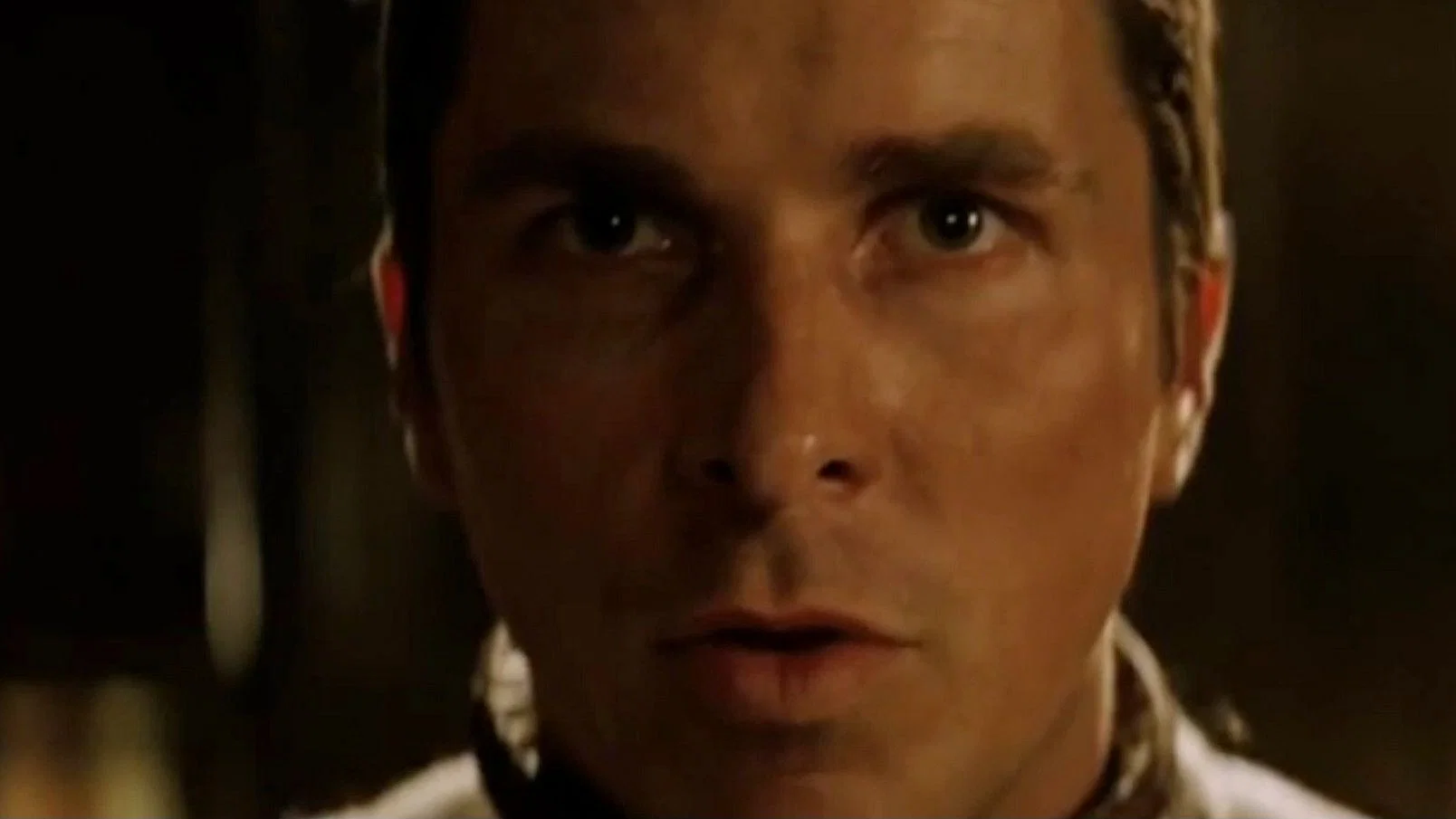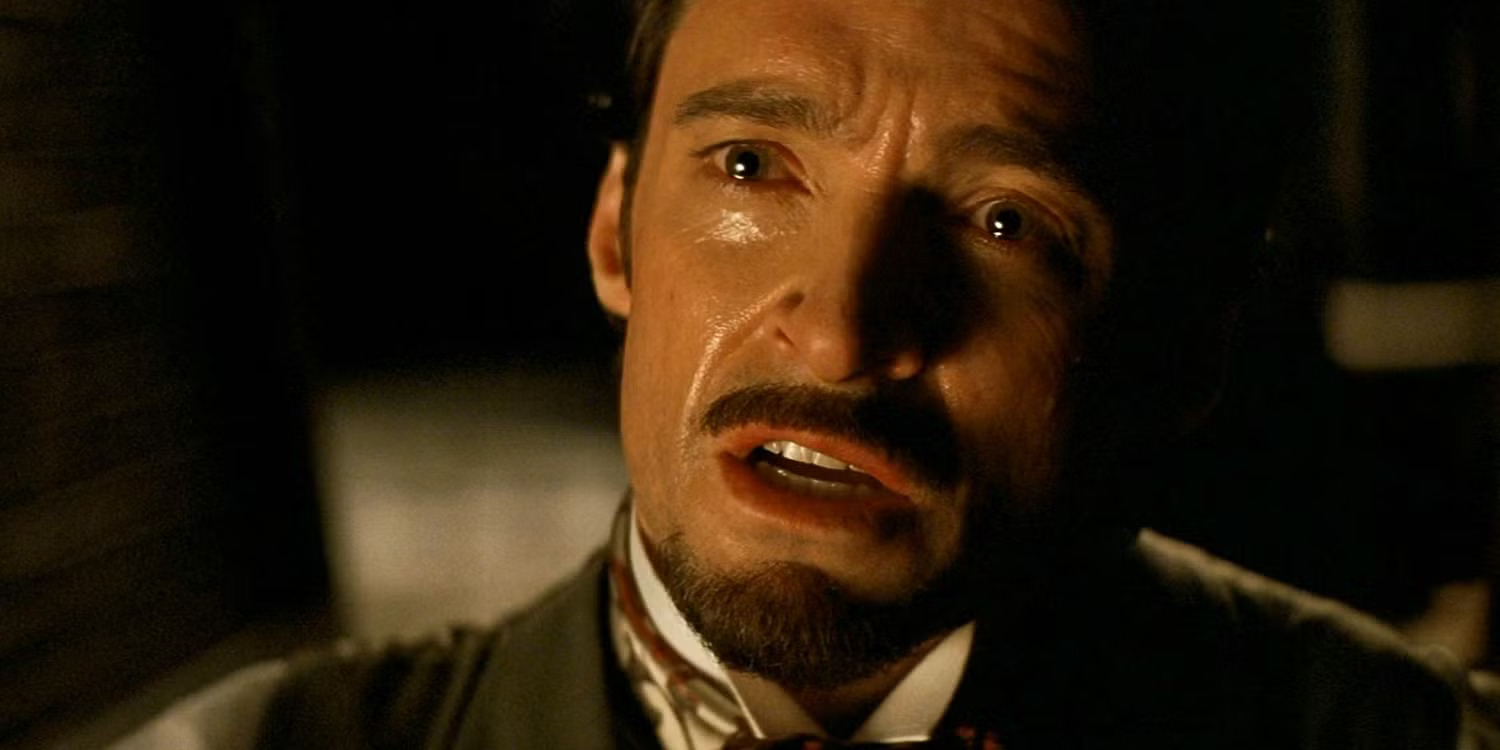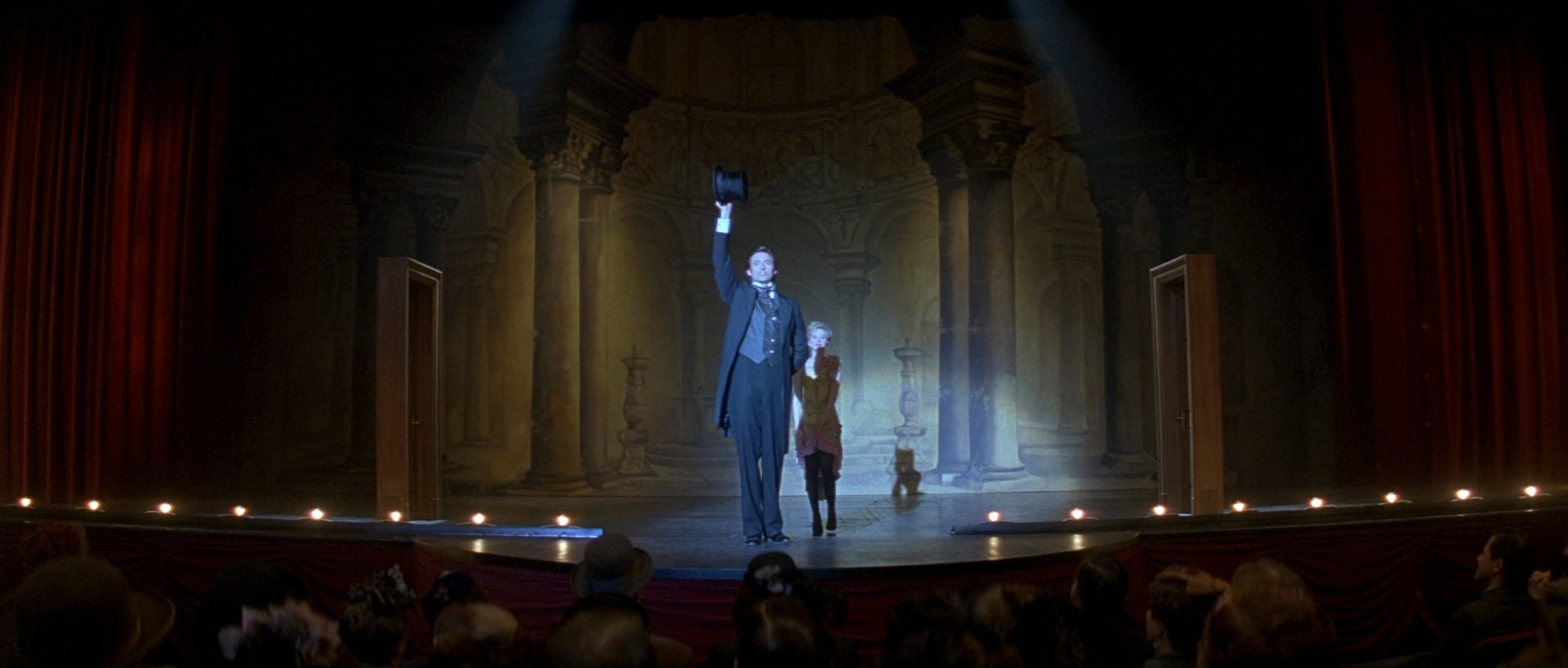Christopher Nolan is widely known for crafting endings that leave viewers thinking long after the film concludes. Movies like Inception, The Dark Knight Rises, and Interstellar are all prime examples of his ability to create complex, open-ended conclusions that spark discussion.
The Prestige shares this trait, with its intricate plot and enigmatic ending. Nolan’s style involves withholding key information until the very end, forcing viewers to reconsider the entire narrative. This ambiguity keeps the conversation going, with audiences continuously searching for new interpretations and theories long after they’ve seen the film.
At the heart of The Prestige is the intense rivalry between two magicians, Robert Angier (Hugh Jackman) and Alfred Borden (Christian Bale). Their feud begins after the tragic death of Angier’s wife during one of their shared tricks, setting the stage for a long-running competition.
As the film progresses, both magicians go to extreme lengths to outdo each other. Their obsession with perfecting their craft escalates into dangerous and morally questionable actions. This fierce competition between Angier and Borden not only propels the narrative but also explores the consequences of obsession and sacrifice in the pursuit of greatness.
One of the most significant twists in The Prestige is the revelation that Alfred Borden has a secret twin brother. For much of the film, Borden appears to be a single person, but it’s later discovered that he and his twin take turns playing both Borden and his assistant, Fallon.
This secret is integral to Borden’s magic act, allowing him to create the illusion of a single person performing impossible feats. The brothers go to great lengths to protect this secret, including living separate lives and enduring great personal sacrifices. The impact of this revelation deepens the complexity of the story and highlights the lengths Borden goes to maintain his illusion.

Angier’s Quest for the Perfect Trick Leads to Clones
In an attempt to surpass Borden, Angier embarks on a quest to perfect his own magic trick. His search leads him to the eccentric inventor Nikola Tesla (David Bowie), who builds a machine capable of seemingly cloning a person. Angier uses this machine to create a duplicate of himself each night, with one version of him dying in a water tank while the other takes a bow.
This disturbing process requires Angier to sacrifice one version of himself every night, which gradually erodes his humanity. As the film progresses, it becomes clear that the moral and emotional costs of Angier’s obsession are far-reaching, pushing him into darker and more dangerous territory.
In the film’s climactic moments, the full extent of Angier’s deception becomes clear. He has been using Tesla’s machine to clone himself, with one version dying each night in the water tank, while the other emerges to complete the magic trick. These clones are disposed of by Angier’s blind assistants, and he assumes the role of Lord Caldlow, a wealthy aristocrat, after each performance.
The truth is revealed to Borden by Angier’s former ally, Cutter (Michael Caine), and leads to the final confrontation between the two magicians. Borden shoots Angier’s clone in a deserted theater, ending the cycle of self-sacrifice and marking the tragic conclusion of their rivalry.
Borden’s victory over Angier comes at a significant personal cost. Throughout the film, he loses his twin brother, his wife, and his happiness due to his obsession with his craft. Despite these immense sacrifices, Borden is ultimately reunited with his daughter, offering a sense of closure to his journey. However, his victory feels hollow, as the emotional toll of his sacrifices lingers.
Borden’s triumph over Angier does not erase the deep scars left by the choices he made along the way. This tragic resolution highlights the cost of obsession and the difficulty of balancing ambition with personal relationships.

Fans Theorize About Alternate Explanations for the Film’s Ending
Although Nolan provides a clear resolution to the plot, The Prestige has sparked numerous alternate theories among fans. Some believe Tesla’s machine never worked and that Angier was deceived into thinking it could clone him. Others argue that Angier could have used a single clone for his trick, rather than continually creating new ones.
This theory suggests that the real trick of the film is not the cloning device but the audience’s belief in its existence. These alternative theories add to the film’s mystique, encouraging viewers to explore different interpretations of the ending and keeping the conversation around the film alive.
The Prestige continues to captivate audiences due to its multilayered storytelling and complex structure. Nolan’s use of misdirection and narrative twists creates a film that rewards close attention and multiple viewings. The movie challenges viewers to reconsider the story each time they watch it, searching for clues and new insights.
Nolan’s meticulous craftsmanship ensures that The Prestige remains an enduring work, sparking deep discussion and debate. The film’s themes of obsession, sacrifice, and deception resonate with audiences, and its ability to leave questions unanswered keeps it relevant long after its release.



